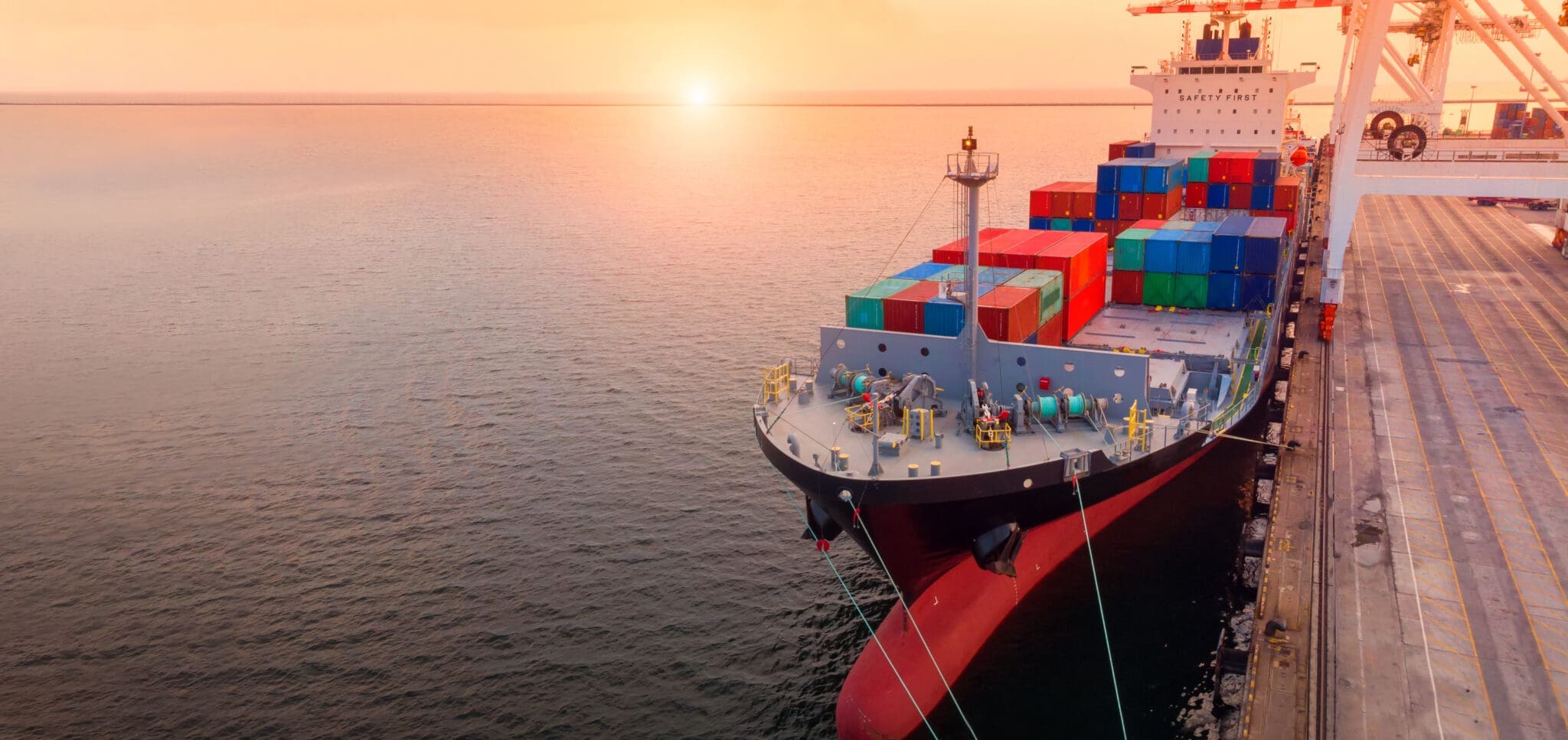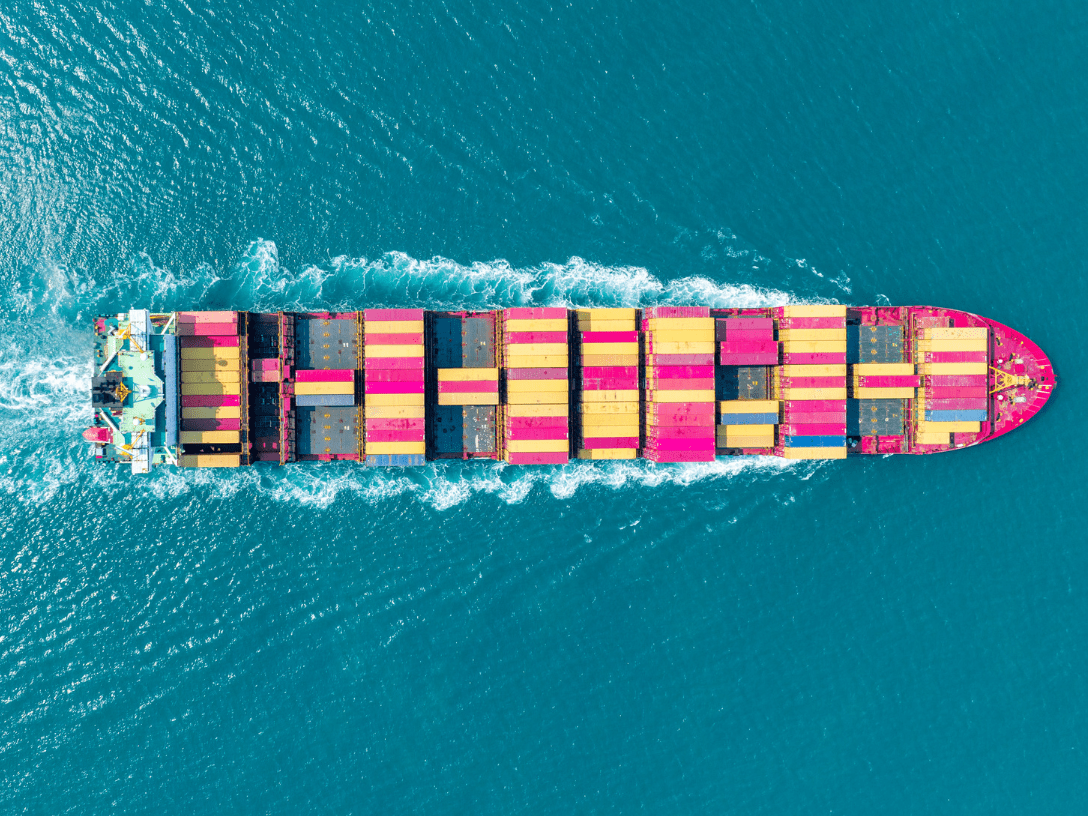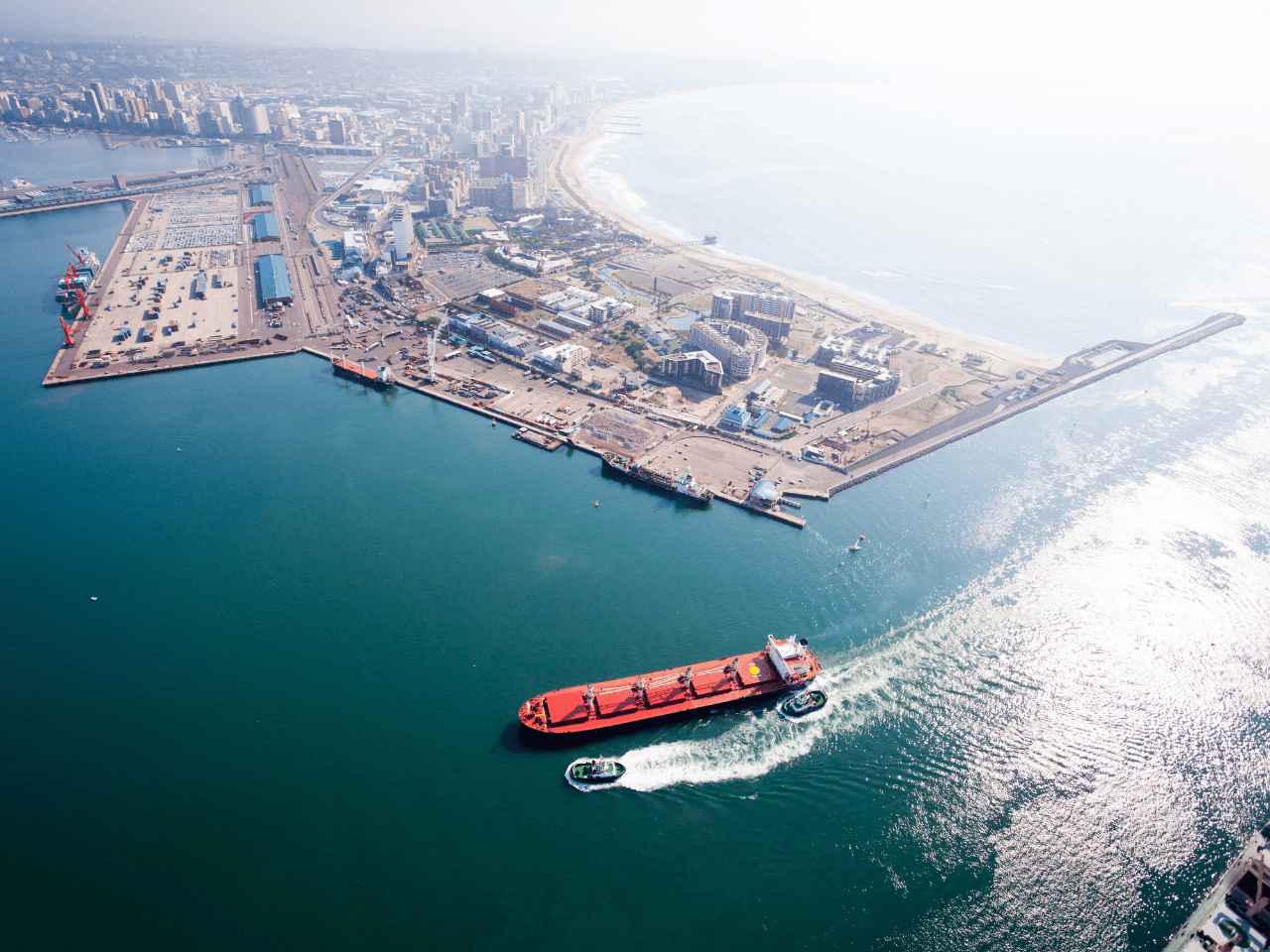Released earlier in August, a new information paper from the International Union of Marine Insurance (IUMI) has warned of growing reputational and legal risks within the marine insurance sector due to human rights concerns within the seafaring, shipping, and fishing sectors. The IUMI paper serves as a critical reminder to the industry that overlooking unethical practices within maritime supply chains comes with significant consequences.
With an estimated 28 million people in forced labour, the stakes have never been higher. Highlighting risks including human trafficking and exploitative recruitment, the IUMI paper recommends strengthening environmental, social, and governance (ESG) frameworks as well as requiring clients to comply with international labour standards, such as the Maritime Labour Convention. Recommendations also include the use of contractual measures like exclusions and conditions specifically tied to labour practices.
The paper comes at an important time for many companies in the sector. Several countries, including the European Union, Norway, and Thailand, are introducing forms of mandatory human rights due diligence, placing legal obligations on businesses and their directors. The EU’s Corporate Sustainability Due Diligence Directive (CSDDD) is expected to impact approximately 6000 companies globally when fully implemented. Recent lawsuits and news investigations have accused major seafood companies of turning a blind eye to forced labour within their supply chains.
Why the Achilles Maritime Network Is an Ideal Ally for Marine Insurers
1. Verified Supplier Data for Rigorous Due Diligence
The Achilles Maritime Network (AMN) offers marine insurers access to independently verified supplier information, streamlining compliance with ESG frameworks and helping insurers meet demands from stakeholders for transparency and ethical assurance.
2. Aligning with Real-World Sustainability Leaders
Major maritime players, including Swire Shipping, Odfjell, BW LPG, and Procureship have joined the network, illustrating the power of collaboration in delivering transparency, operational efficiency, and ESG performance.
- Swire Shipping’s membership pushes the network’s coverage to 2,200+ vessels, reinforcing the industry’s move toward sustainable supply chains and verified compliance.
- Odfjell joined to support compliance with regulations like the Norwegian Transparency Act and the EU’s Corporate Sustainability Due Diligence Directive (CSDDD), simplifying supplier reporting and benchmarking.
- Procureship’s partnership with Achilles embeds ESG scores directly into supplier evaluation workflows, enabling buyers to assess sustainability credentials seamlessly.
What This Means for Marine Insurers
- Mitigated Reputational and Legal Risk
Insurers can proactively identify and avoid clients or supply chain elements with labour, human trafficking, or forced labour risks, significantly reducing exposure.
- Regulatory Readiness
With frameworks such as the UK Modern Slavery Act and the EU’s CSDDD tightening accountability, leveraging Achilles’ verified supplier data puts insurers ahead of regulatory expectations.I
- Operational and ESG Efficiency
Centralized access to supplier information cuts down on repetitive due diligence and delivers consistency in ESG reporting.
- Enhanced Commercial Positioning
Being able to assure clients and investors of ethical underwriting practices strengthens trust and market competitiveness.
A Call to Action: Join the Achilles Maritime Network
The IUMI paper serves as a crucial reminder to all stakeholders in the maritime industry. Insurers will no longer be able to simply underwrite; they will be increasingly expected to ensure ethical compliance across the client base and their supply chains. For marine operators, alignment with international frameworks, ensuring compliance with recognised standards, and credible supply chain due diligence are critical. The Achilles Maritime Network provides a proven path to navigating these evolving obligations across the entire maritime ecosystem.
Joining AMN means becoming part of a growing community committed to transparency, sustainability, and supply chain integrity. It’s a strategic move that reduces risk, streamlines operations, and elevates ethical standards, an advantage that pays dividends for insurers, their clients, and society overall.




